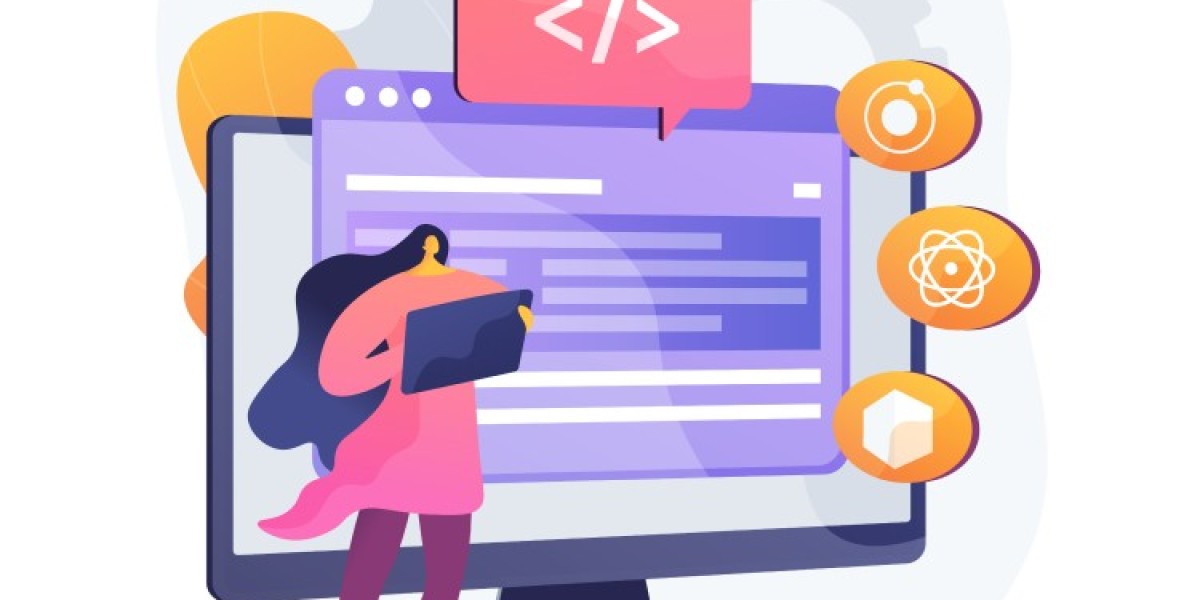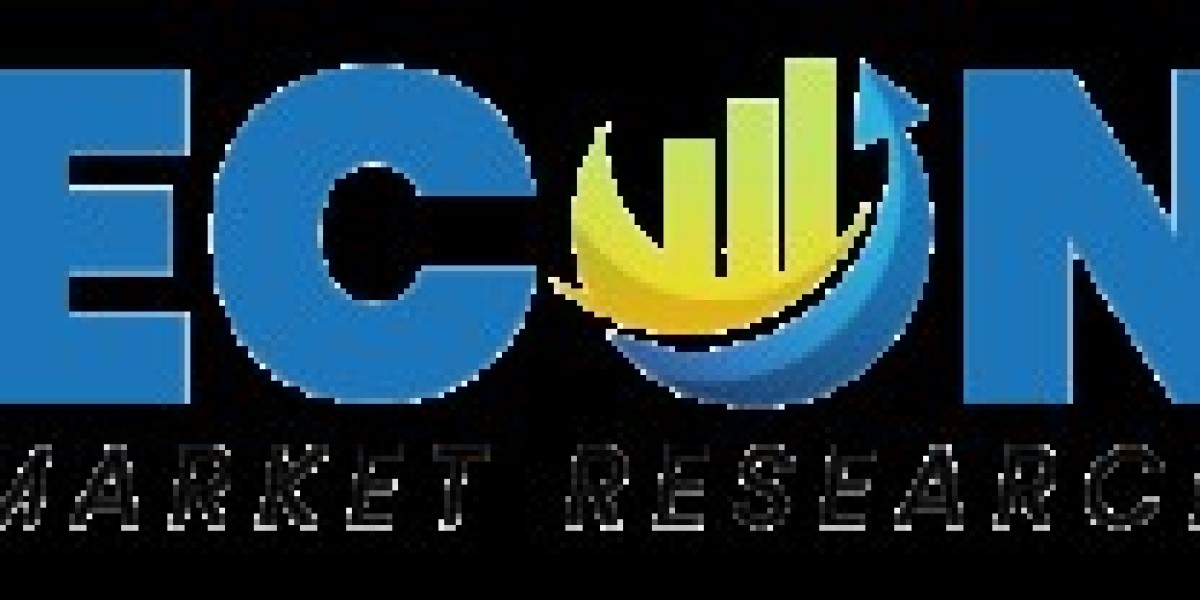Choosing the right tech stack for your web application is crucial for its success. A tech stack comprises the various technologies, frameworks, and tools used in the development and maintenance of a web application. For businesses looking to develop a robust online presence, partnering with a reputable web application development company can streamline the process and ensure the final product meets user needs.
Understanding Tech Stacks
A tech stack typically consists of two main components: the front-end and the back-end. The front-end is what users interact with directly; it includes everything they see on their screens. Technologies like HTML, CSS, and JavaScript frameworks (such as React or Vue.js) are commonly used for front-end development.
The back-end, on the other hand, is the server-side of the application. It handles data processing, storage, and business logic. Popular back-end technologies include Node.js, Ruby on Rails, and PHP frameworks like Laravel. The choice of technologies in both areas can significantly impact the performance, scalability, and maintainability of your web application.
Factors to Consider When Choosing a Tech Stack
- Project Requirements
The first step in selecting a tech stack is to clearly define your project requirements. Consider the following:
Functionality: What features do you want your web application to have?
Scalability: Will your application need to handle a growing number of users or data over time?
Performance: What level of performance is required for your application?
Understanding these requirements will help you make informed decisions about the technologies that will best serve your project.
Book an Appointment with us today to discuss your project and explore the best tech stack options tailored to your needs.
- Team Expertise
Assess the expertise of your development team. If your team is well-versed in certain technologies, it may be beneficial to choose a tech stack that aligns with their skills. This can reduce the learning curve and speed up the development process. If you are working with a web app development company, inquire about their experience with different tech stacks and how they align with your project goals.
- Community and Support
A strong community and support system can be invaluable when choosing a tech stack. Technologies with active communities often have more resources, libraries, and tools available, which can help accelerate development. For example, frameworks like React and Laravel have large communities that provide extensive documentation and support.
- Future-Proofing
Technology evolves rapidly, and it's essential to choose a stack that can adapt to future trends. Opt for technologies that are gaining traction and have a roadmap for future updates. This ensures that your application remains relevant and can incorporate new features as they become available.
- Budget and Time Constraints
Finally, consider your budget and timeline. Some technologies may require more resources or time to implement than others. For instance, while using a popular framework might speed up development due to available libraries, it could also incur higher costs if your team needs additional training. Balancing these factors is key to choosing the right tech stack.
Popular Tech Stacks
LAMP Stack
The LAMP stack (Linux, Apache, MySQL, PHP) is a classic choice for web applications. It is open-source, cost-effective, and has a vast community. This stack is particularly suitable for small to medium-sized applications.
MEAN Stack
The MEAN stack (MongoDB, Express.js, Angular, Node.js) is a popular choice for building dynamic web applications. It uses JavaScript for both the front-end and back-end, which can simplify the development process and improve performance.
MERN Stack
Similar to the MEAN stack, the MERN stack (MongoDB, Express.js, React, Node.js) leverages React for front-end development. This stack is known for its flexibility and is ideal for applications that require a rich user interface.
Conclusion
Choosing the right tech stack for your web application is a multifaceted decision that requires careful consideration of your project requirements, team expertise, community support, future-proofing, and budget constraints. By taking the time to evaluate these factors, you can select a tech stack that not only meets your current needs but also supports your application's growth in the future.
If you're ready to take the next step in your web application development journey, consider reaching out for professional assistance. Our web app development services can help you navigate the complexities of tech stack selection and ensure your project is a success.



